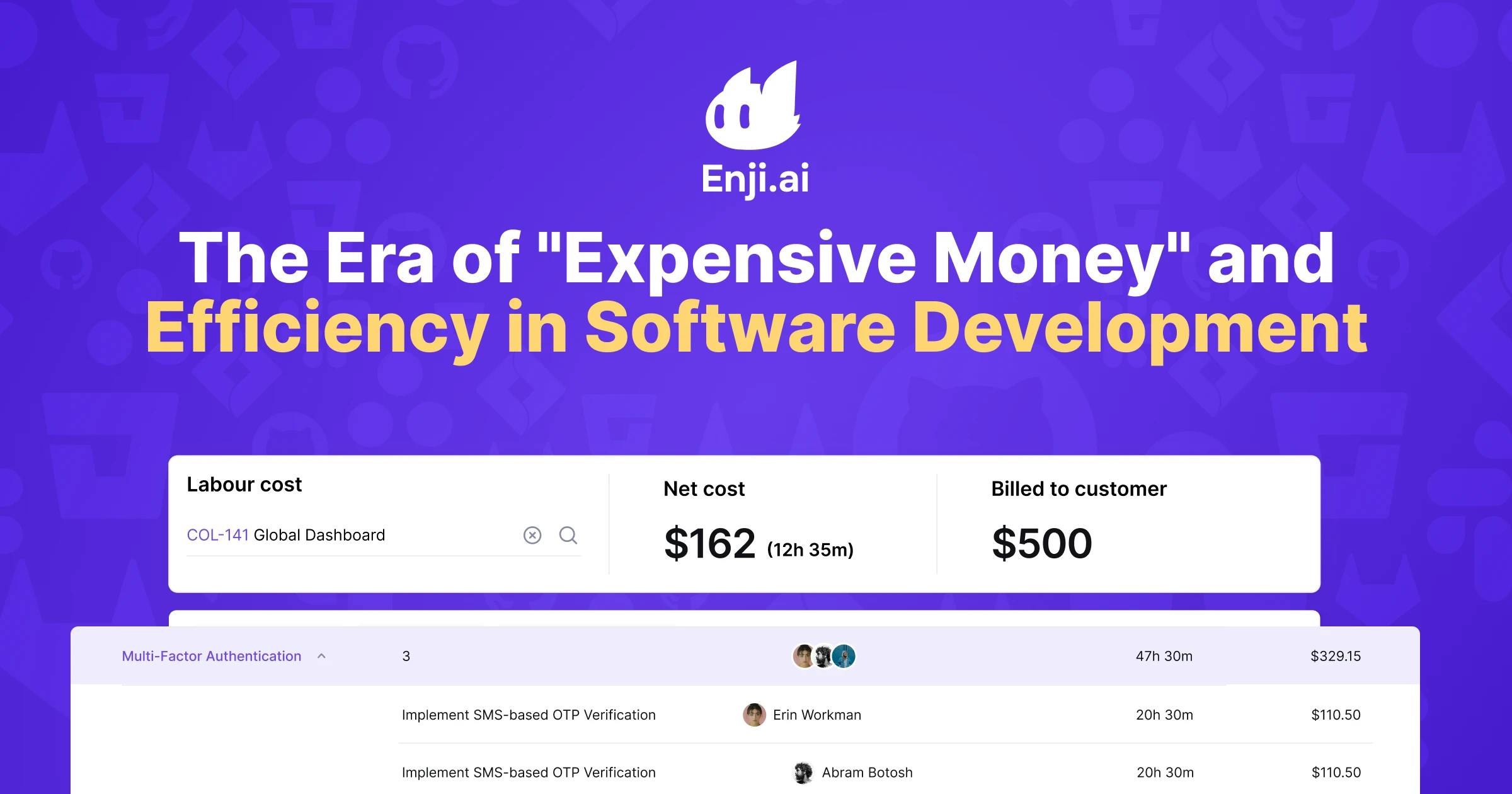The Era of "Expensive Money" and Efficiency in Software Development

Money has always been expensive, though, right? Not quite. If we take a company like Google and its relationship with software developers, we can see how "cheap" money used to be. Their approach to working with engineers looked like this: They would offer their employees an excellent office, a large salary, perks, a community, and loads of free time. If the engineers could create something world-changing, the company would support them. Google was ready to spend extensive resources on any engineer hired to create an environment where they could perform exceptionally.
In 2022, the company announced they were changing their performance evaluation system. The new approach was termed GRAD: Googler Reviews and Development. According to Dice, the change created interesting results. Within a few months of implementation, 6% of employees were moved to a category the company uses to highlight at-risk jobs. Under the previous system, only 2% of Google employees fell into this category. Likewise, the top two evaluation categories saw a drop from 27% to 22% in the number of employees.
These numbers hint at a shift in Google's performance philosophy. If before, hard and soft skills held the main value, then now, employees need to be disciplined, perseverant, immersed in the company's processes, and love their work and the effort involved. In this new approach, businesses and employees win by demonstrating their efficiency.
Measuring performance
If efficiency is key, then how does a company measure engineering productivity? There was a time when counting the lines of code an engineer wrote was enough. Then, other engineering productivity metrics, such as preliminary metrics and DORA, took the lead. Unfortunately, no single metric will show a clear, 100% accurate picture of productivity. Each of them provides its own small view of what is happening. The result is that there are many ways to measure engineer performance, which is great for managers because this is data managers can use to examine their processes and make necessary changes. It is still a lot of data, however.
Tech companies do not need a single magical metric. They need effective engineering management software, like Enji, that collects these signals and presents them to management as a summary or analysis of an individual engineer's or a team's performance. For example, managers who use Enji can instantly see:
- The number of commits an engineer has made and fulfilled
- The number of pull requests that have been made and completed
- How long a specific task has been in a certain status (on hold, in progress, etc.)
- The number of hours an engineer has worked on a task or project
Using this data, Enji provides insights based on trends, such as changes in a particular engineer's performance. For example, Enji may notice that one high-performing engineer has recently been spending more time on tasks than before. This is a signal for a manager to talk with this employee and understand the source of this change in their performance. They may have too many responsibilities now, or the tasks may require more resources than previous ones. In either case, Enji provides the data that shows these trends. Without Enji, managers could spend expensive time and nerves on calls or sending messages to engineering teams to try and find the source of the issue.
Valuable performance
Expensive money does not mean that an employee needs to be a superhero and complete thousands of tasks without sleeping or eating. In fact, when money is expensive, it pushes companies to emphasize that engineers and non-technical team members should understand their capacity and ensure they can perform according to expectations. They should not over-commit themselves or push themselves to their limits. If they do, their productivity will decrease, and a tool like Enji will see that happen to provide insights to support employees.
Money is expensive because professionals are valuable.

Book a demo to see how Enji can help highlight employee value


